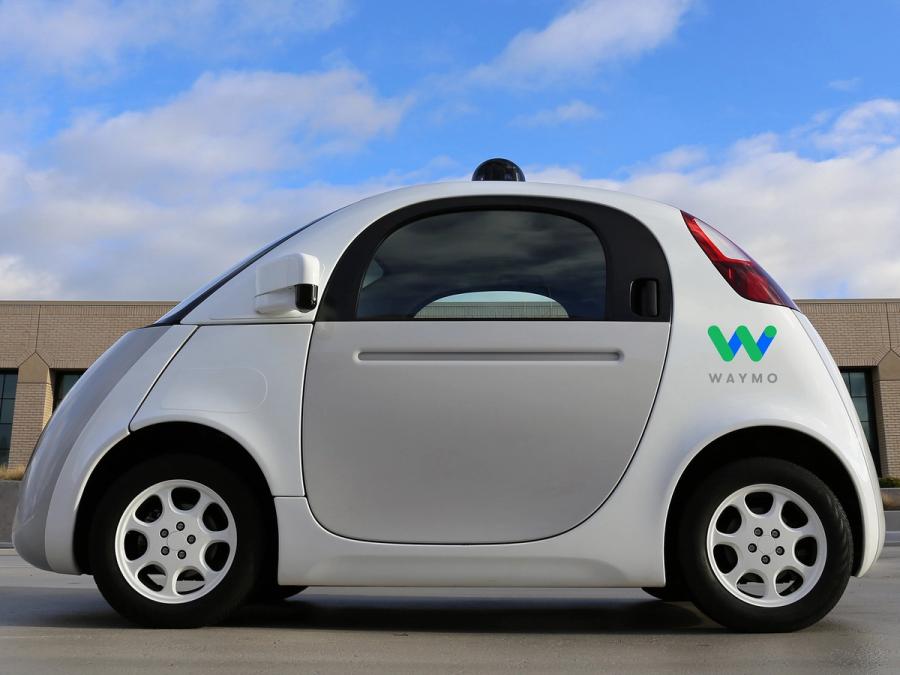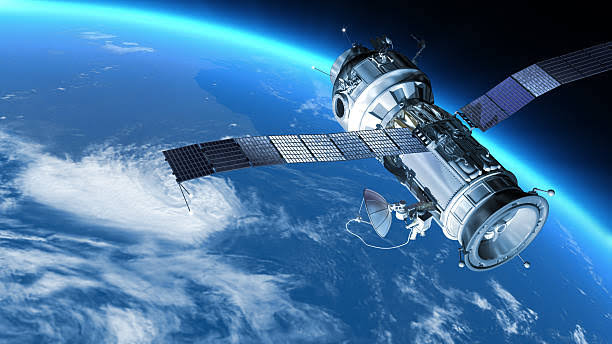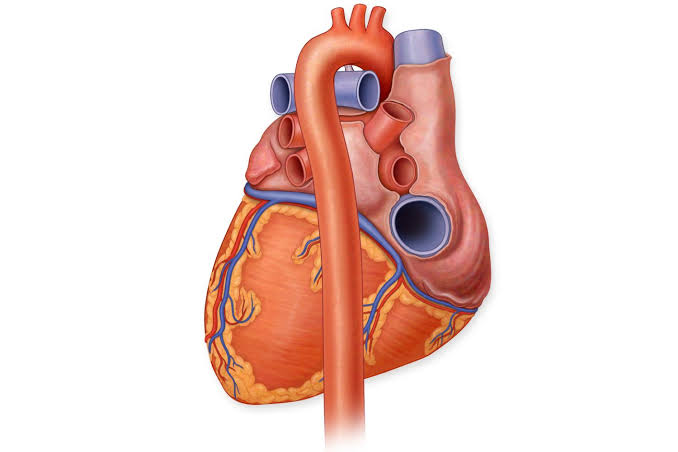Toronto’s busy streets will soon see a new kind of traffic, self-driving delivery robots. The city had no say in the decision, raising concerns for at least one local councillor.
Magna International Inc. will roll out up to 20 autonomous delivery vehicles in a pilot project approved by Ontario’s Ministry of Transportation. Human drivers will supervise the robots from trailing vehicles, while another operator monitors the bots remotely.
These robots will operate in neighbourhoods with speed limits under 40 km/h, including Parkdale-High Park, York South-Weston, Davenport, University-Rosedale, and Toronto-St. Paul’s. The city expects the program to start in the second quarter of 2025, though the report gives no specific date.
Each vehicle will have three wheels, stand as tall as a sedan, and match the size of a large cargo bike. They will carry packages in locked compartments that open with a secure code.
According to the city’s report, the robots successfully delivered items near Detroit in 2022 and 2023 without any safety incidents. To reduce risks, they won’t exceed 32 km/h, won’t make left turns, and will stay off bike lanes. The robots are lightweight and compact, limiting the potential impact of any collision.
A two-person team in a nearby vehicle can stop them immediately if needed. Remote operators will also monitor their surroundings using 360-degree cameras and can take over at any time.
Local Concerns and Expert Opinions
University-Rosedale Councillor Dianne Saxe strongly opposes the project. She believes electric cargo bikes already offer a safe, low-carbon delivery solution. “This is a solution looking for a problem,” Saxe said. “I worry about pedestrians, especially at intersections.”
She also criticized the provincial government for pushing the plan without consulting the city. “It’s typical of the Ford government to bypass us on major local issues,” she added.
In contrast, some experts welcome the project. Steven Waslander, a robotics professor at the University of Toronto, said the pilot could help reduce costs for last-mile deliveries. Bilal Farooq, a transportation researcher at Toronto Metropolitan University, called the pilot a useful way to test and learn in a controlled setting.
Still, Farooq wants more details. “The robots must pull over properly. They can’t just stop in traffic,” he said.
The city report noted that the robots will use curbside parking for deliveries. Recipients will then walk over to collect their packages.












